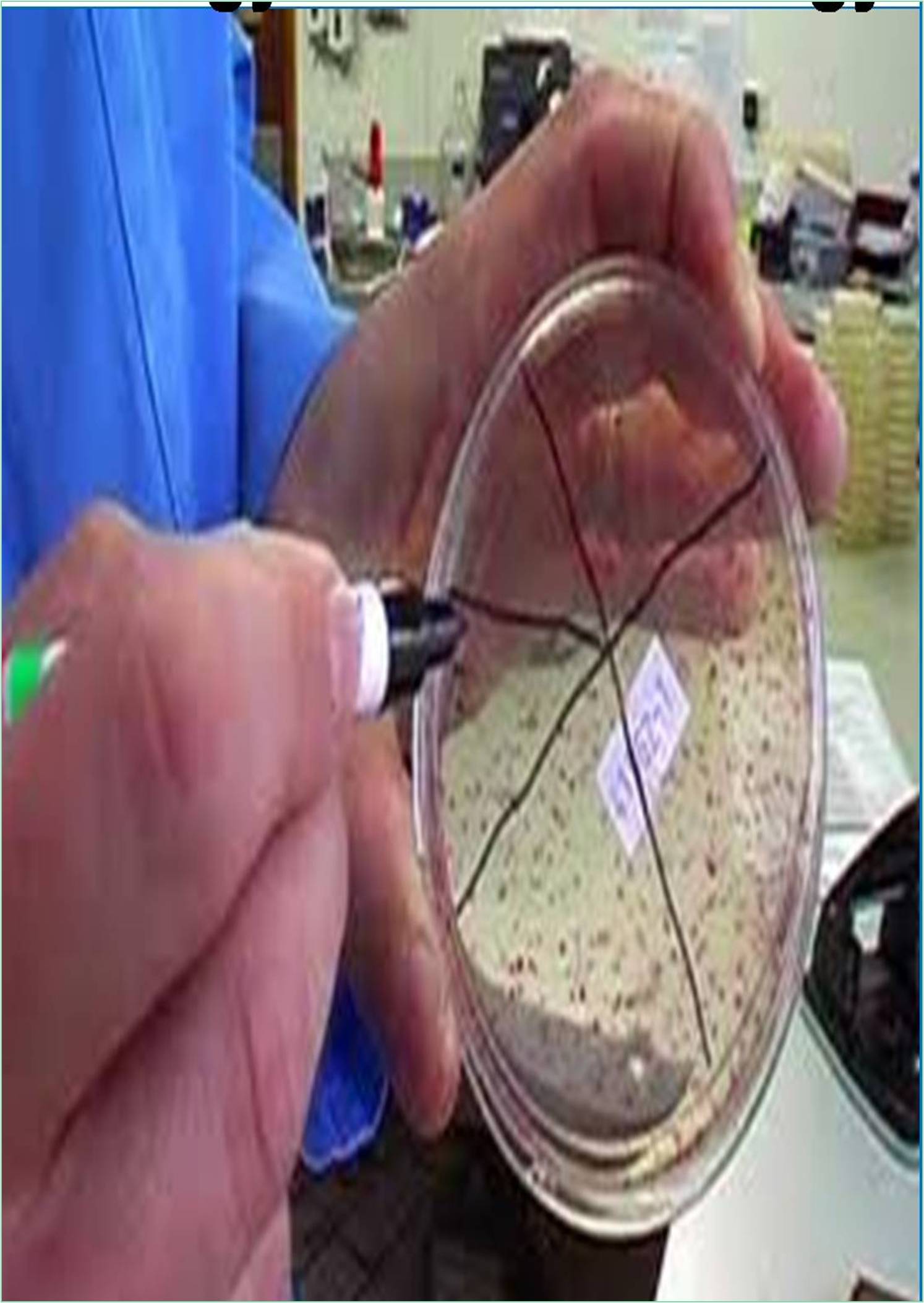



Received: 01-Aug-2022, Manuscript No. GJVI-22-72096; Editor assigned: 05-Aug-2022, Pre QC No. GJVI-22-72096 (PQ); Reviewed: 22-Aug-2022, QC No. GJVI-22-72096; Revised: 29-Aug-2022, Manuscript No. GJVI-22-72096 (R); Published: 05-Sep-2022, DOI: 10.15651/2229-3239.22.2.008
Immune-based therapies aim to harness the strength of a patient's immune system to fight cancer, in contrast to chemotherapy treatments that target the tumour itself (rather nonspecifically). All five of the currently licenced PD-1/PD-L1 inhibitors (immunotherapy) urge continuing treatment until the disease progresses or there is intolerable toxicity, similar to how chemotherapeutic medicines are prescribed.
Immune-based therapies that overactivate or continuously activate the immune system can cause T-cell depletion and Activation Induced Cell Death (AICD) in T- and B-cells. In preclinical and clinical research, examples of immunological exhaustion and T-cell depletion have been reported. Since immune cells are the primary tool for preventing tumour growth, overactivation or constitutive stimulation that results in immune exhaustion is a real phenomena and a serious cause for concern. It is crucial to carefully plan clinical trials to address the ideal course of treatment for immune-based treatments. By tackling this issue right away, we stand to gain a better understanding of the function and mechanisms of the immune system in the regulation of tumour growth as well as better patient outcomes.
Immune-based treatments and chemotherapy each work through entirely separate methods to inhibit tumour growth. While immune-based therapies activate the host immune system to recognise and destroy cancerous cells, chemotherapy medicines are cytotoxic in that they directly disrupt basic cellular functions, killing both malignant and nonmalignant cells (ideally with a preference for the latter).
Although the discovery of immune-based medicines for the treatment of cancer is generating growing excitement, the ideal length for these therapies needs to be investigated with similar fervour. Chemotherapy dosage has been established over time by means of extensive prospective randomised studies to identify the dose that maximises therapeutic benefit while reducing side effects. The duration of treatment with these drugs is typically until disease progression or patient intolerance because of the mechanism of chemotherapeutic action. However, there is little experience with immune-based therapy, and the current recommendations for dosage and duration are mostly based on the preliminary studies that are necessary for the agents' approval. Since immune-based therapies work by stimulating the body's own immune system, there is concern that excessive or constant immune stimulation could result in immune exhaustion and the depletion of effector T-cells, reducing the effectiveness of these therapies in combating tumours and possibly promoting tumour progression.
All five of the PD-1/PD-L1 inhibitors that are currently approved for use urge continuing treatment until the disease progresses or there is unacceptable toxicity, much like chemotherapeutic drugs do. However, employing the same therapy period as chemotherapy may not be the best strategy because immune-based medicines operate via a fundamentally different mechanism.
In exploring treatment duration with immune based therapies, we need to answer the following: (1) does indefinite treatment with immune based therapies exhaust the immune system counteracting its own mechanism of action leading to tumor progression and (2) how can clinical trials be designed to identify the optimal duration of immune-based therapy that prevents immune cell exhaustion but supports anti-tumor immunity.
The moment has come to address the length of therapy for immune-based medicines because the field is growing quickly. Since immune cells are the primary tool for preventing tumour growth, overactivation or constitutive stimulation that results in immune exhaustion is a real phenomena and a serious cause for concern. By addressing these issues right now, we can not only improve patient outcomes but also learn more about the function and mechanisms of the immune system in the regulation of tumour growth.